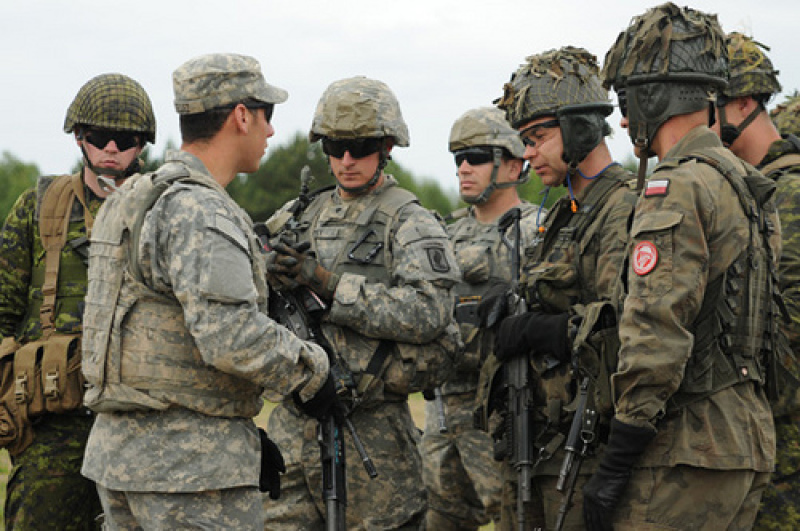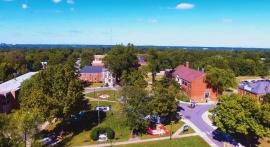
The North Atlantic Treaty Organization (NATO) has laid out military plans to bulk up its aggressive response to a potential international conflict, according to NBC News.
The plans, which include a recently held training scenario and the establishment of a new military force, were developed as countries bordering the Baltic Sea grow increasingly concerned about the expanding presence of Russian forces in the region.
In the previous weeks, military leaders in the Baltic region called on the international alliance regarding the activities of Russian warplanes in the area.
For this year alone, there have been around 400 cases of NATO jets intercepting Russian planes which were flying over the member countries of the international alliance, Defense News has learned.
In response, the NATO held a military drill in Bavaria, Germany, dubbed as the Exercise Trident Lance 2014 in August of this year.
With almost 4,000 soldiers from various NATO countries, the exercise featured various war scenarios that revolved around the possible invasion of Estonia, which is located right in the middle of Russia and the Baltic Sea.
To prepare the soldiers for various kinds of attacks, the training drill featured multiple scenarios such as aerial missile strikes and cyber warfare.
Leaders of NATO then went back to Germany last week to discuss the results of the exercise.
In addition, NATO Commander General Philip Breedlove revealed that the international organization is forming a massive military unit composed of 5,000 troops.
The unit, which is called Very High Readiness Joint Task Force (VJTF), will be deployed to conflict-ridden areas that need immediate military assistance.
Breedlove noted that NATO's new military plans will help the organization respond more quickly to international conflict.
"We are evolving in order to be more responsive," he told NBC News.
"We will now significantly enhance the responsiveness of out NATO response force," NATO Secretary-General Anders Fogh Rsmussen said about the VJTF during a summit in September according to The Guardian.
"We will also look at possible upgrades to national infrastructure," he added. That could include airfields and ports to support reinforcements, if the need arises. And we will improve our early warning through an upgrade of our intelligence gathering and sharing.
Breedlove also explained that the alliance must be ready to engage in conflict due to Russia's recent actions.
"For the past 19 years, we have been trying to treat Russia as a partner, trying to bring the nations of Europe back together and now what we see is a very different kind of scenario," the NATO commander said.


















